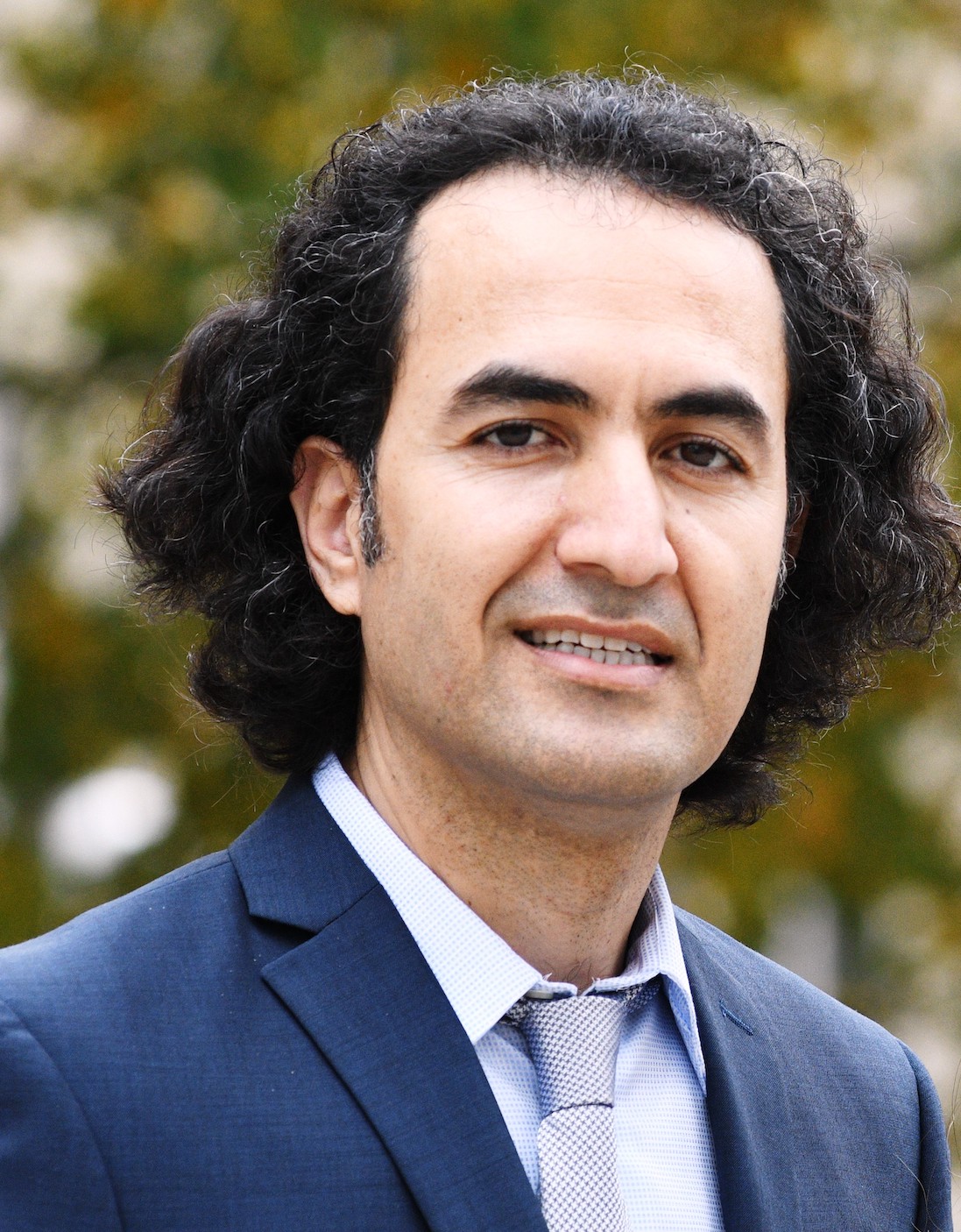Siamek Yousefi, PhD, assistant professor in the Department of Ophthalmology and the Department of Genetics, Genomics, and Informatics at the University of Tennessee Health Science Center, is the principal investigator on a $2.2 million award from the National Eye Institute to develop artificial intelligence ( AI) to predict genetic risk of glaucoma.

Glauoma, a complex blinding disease that causes the degeneration of retinal ganglion cells, is the second-leading cause of blindness worldwide. Current knowledge regarding demographic, ocular, imaging, or genetic factors alone are insufficient to predict the risk of glaucoma accurately. Dr. Yousefi, who is also director of the Data Mining and Machine Learning laboratory at UTHSC, is the principal investigator on a team of interdisciplinary experts using large clinically annotated multimodal glaucoma data. From this, they will develop reliable artificial intelligence tools for identifying individuals at-risk of developing glaucoma and future vision loss.
Dr. Yousefi’s co-investigators on the grant are glaucoma experts Louis Pasquale, MD, professor of Ophthalmology at Mount Sinai, and Michael Boland, MD, PhD, medical director of Practice Innovation for Ophthalmology at Massachusetts Eye and Ear.
“Our algorithms, comprised of thousands of lines of coding, will eventually allow eye doctors and clinicians to instantly see the risk of developing glaucoma by sifting through a subject’s retinal images, visual field tests, and genetic data and identify the signs that might not be distinguishable to the clinician,” Dr. Yousefi said. “Not only crucial for clinical care and glaucoma research, in a nation with a rapidly aging population and a large population of African Americans, our study has critical ramifications for public health as well since age and African ancestry are major risk factors for developing glaucoma. ”
Dr. Yousefi’s project, titled “Predicting the risk of glaucoma from structural, functional, and genetic factors using artificial intelligence,” is funded for five years.
